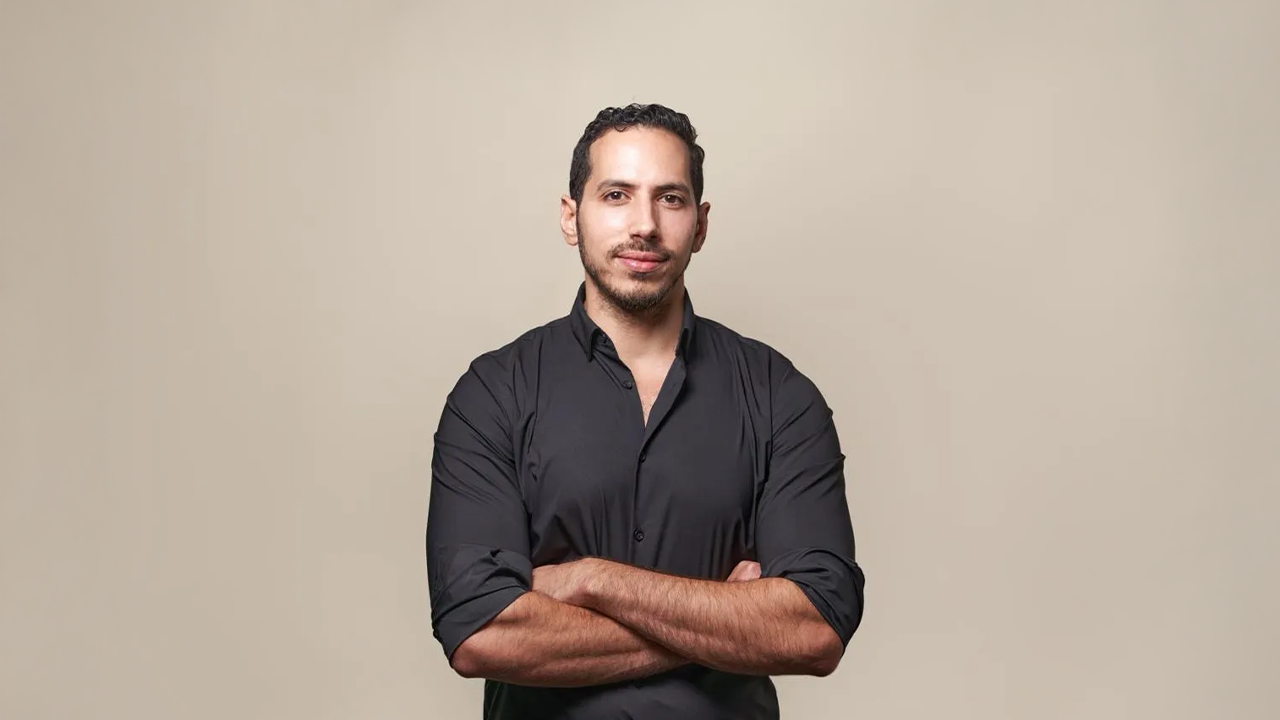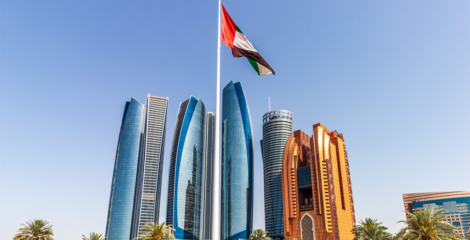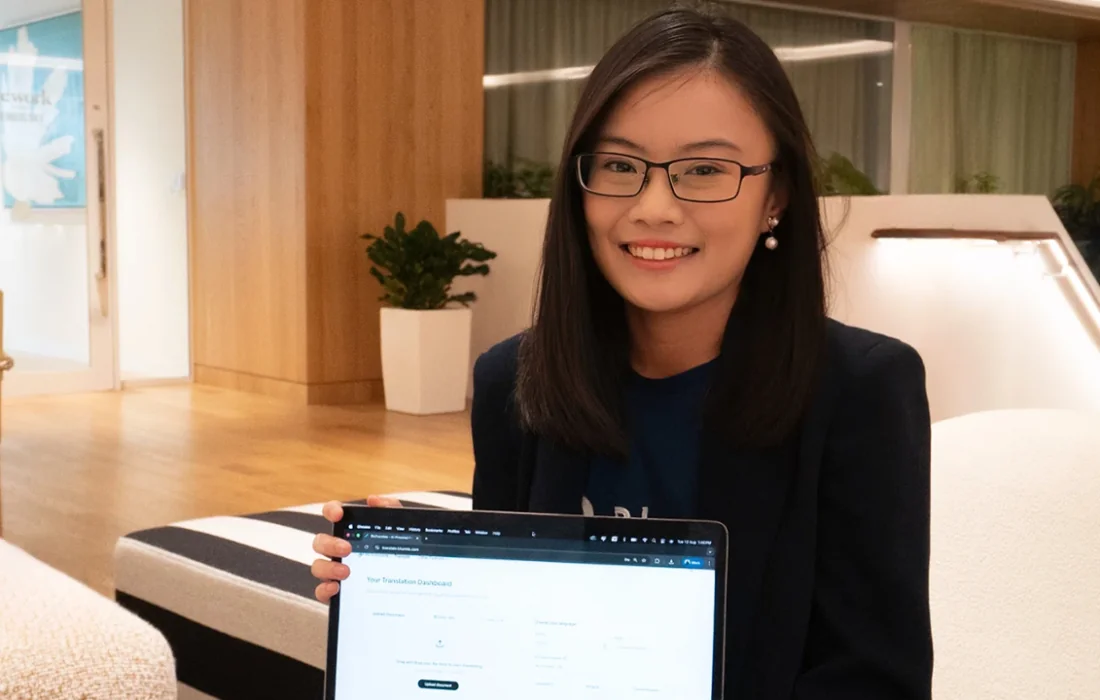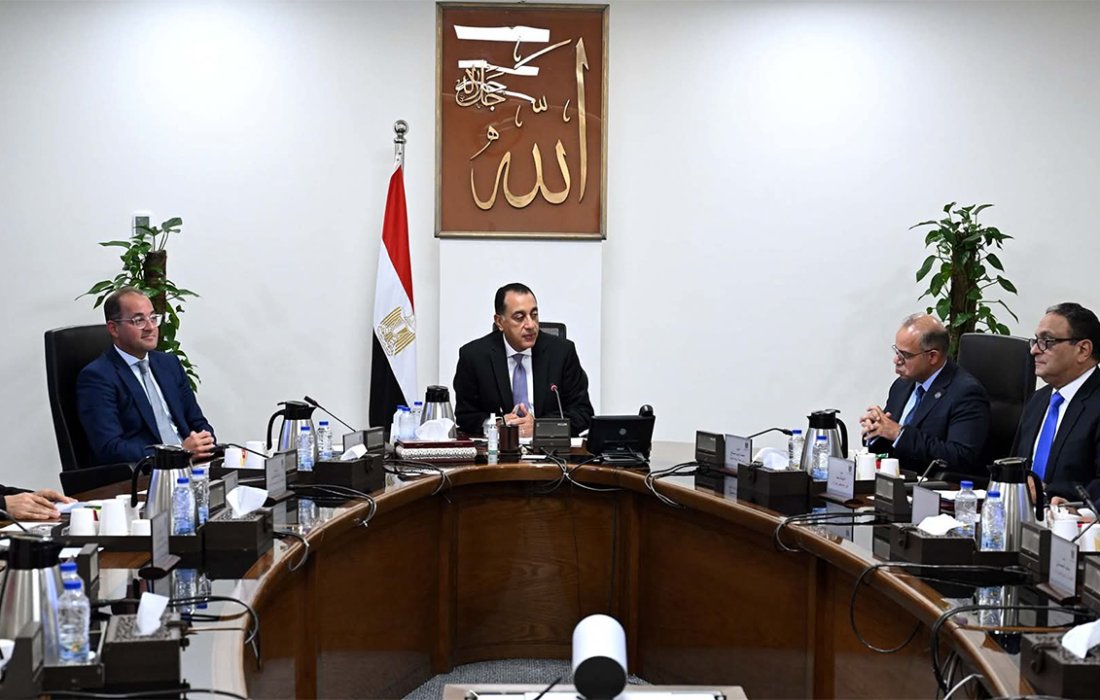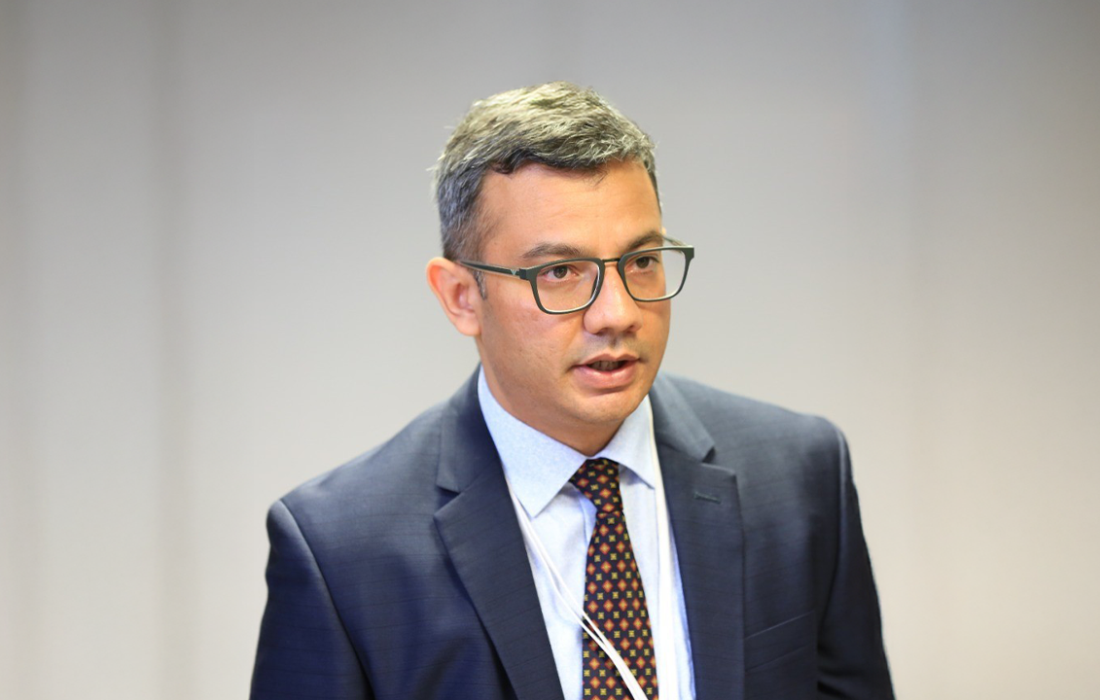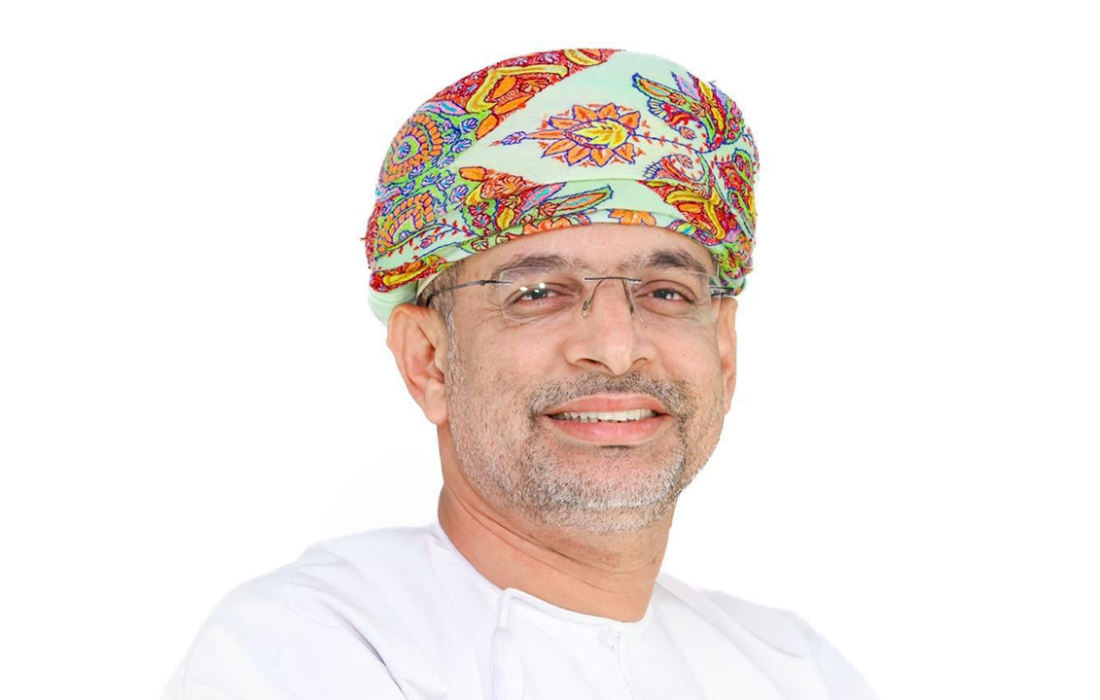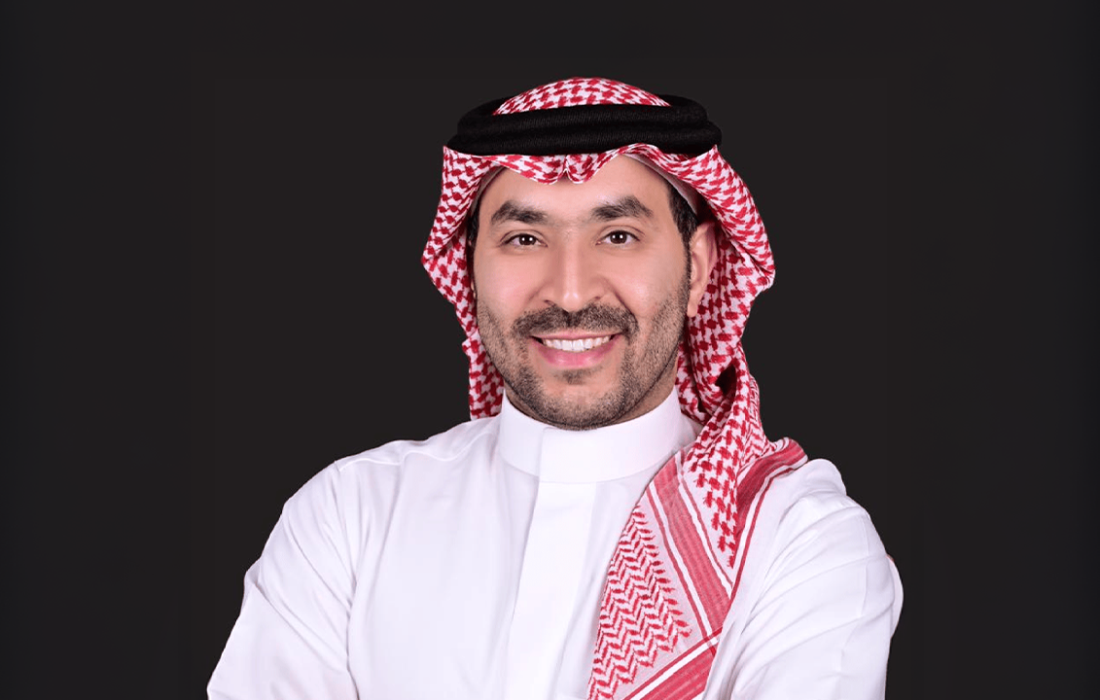- Munify raised USD 3M seed funding, led by Y Combinator, BYLD, and DCG, to build a cross-border neobank for Egyptians abroad.
- The startup offers faster, cheaper remittances and US banking access for Egyptians abroad, targeting individuals, businesses, freelancers, and remote workers.
- With Egypt receiving USD 30B in remittances annually, Munify plans to expand regionally, stitching together banking rails across the Middle East.
Munify
Munify raised USD 3 million in a seed funding round to build a cross-border neobank for Egyptians abroad. The round was led by Y Combinator, BYLD and DCG.
Founded in early 2025 by Khaled Ashmawy, Munify is a cross border neobank for the Middle East and its diaspora. Its aim is to give Egyptians abroad a faster, cheaper way to send money home and for residents access to US banking. Thus, it aims to serve Egyptians abroad primarily in the U.S,U.K, Europe and the Gulf.
It had joined Y Combinator’s Summer 2025 batch, a rare entrant from outside the U.S. In addition, it was without a core AI pitch in a class largely dominated by generative AI startups.
It operates on a dual consumer and business model offering remittance and banking services for individuals. It also provides APIs for businesses to send and receive cross-border payments.
Up next, it aims to expand beyond Egypt to other Middle Eastern and adjacent countries. In this, it is gradually stitching together regional banking rails.
Remittances
Egypt is one of the world’s largest remittance markets receiving nearly USD 30 billion in inflows annually. Given this potential, Ashmawy reflected on his difficulties as an immigrant to send money back to his family in Cairo. Furthermore, this led him to tackle the issue of remittances, aiming to provide a method to send money instantly at better rates.
One of the largest challenges facing traditional remittance platforms is that they are slow and expensive. As it usually comes with long transfer time and high transfer fees. Thus, Munify aims to offer cheaper and faster transfers.
The startup aims to provide businesses, remote workers, and freelancers in the Middle East a way to open a U.S. bank account and card. This through only using a local ID to receive and spend money, as well as hedge against local currency volatility.
If you see something out of place or would like to contribute to this story, check out our Ethics and Policy section.
